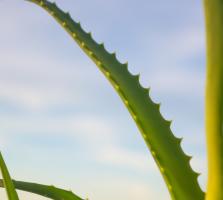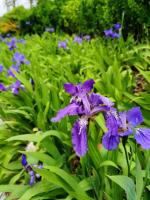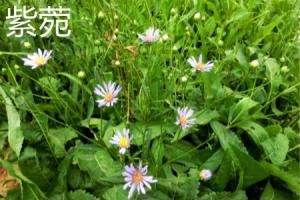Will Boiling Water Kill Plants?
Boiling water is a common method used for killing weeds, but does it affect other plants as well? The answer is yes, boiling water can harm or even kill plants if applied improperly.
The Effects of Boiling Water on Plants
Boiling water causes thermal shock to plants, which damages or kills the cells. It can also burn or scald the leaves, stems, and roots upon contact. The severity of the damage depends on various factors, including the plant species, the amount of water applied, the temperature of the water, and the time of exposure. Some plants may die instantly, while others may require multiple treatments before perishing.
Which Plants Are Most Vulnerable?
Most plants are susceptible to boiling water, but some are more vulnerable than others. Tender plants with thin leaves, such as succulents and grasses, are easily burned by hot water. Young plants with delicate roots are also more likely to suffer from the impact. On the other hand, mature plants with woody stems and deep roots are more resistant to boiling water, although repeated use can still weaken them.
When to Use Boiling Water on Plants
Boiling water is only recommended for spot treatments of weeds, where the goal is to kill the plant without affecting nearby vegetation. It should not be used as a general herbicide or pesticide, as it can harm beneficial plants, insects, and microorganisms. Boiling water should be applied in the morning or evening, when the air and ground are cooler, to minimize the risk of scalding. It should also be used sparingly and in small doses, as excessive use can alter the soil pH and structure, leading to further damage.
Alternatives to Boiling Water
If you're concerned about the potential risks of boiling water to plants and the environment, there are several alternatives you can try. Some natural herbicides, such as vinegar and salt, can be equally effective for killing weeds without harming other plants. However, they should still be used with caution and in moderation, as they may have unintended consequences. Hand weeding, using mulch, and practicing good gardening practices can also help reduce weed growth and maintain a healthy garden.
In Conclusion
Boiling water is a powerful tool for controlling weeds, but it should not be used carelessly or recklessly. If applied improperly, it can harm or kill plants, including desirable ones. Before using boiling water, consider the plant species, location, and time of application, and use it sparingly and cautiously. Alternatively, explore other natural methods of weed control that are safer and more sustainable in the long run.

 how many times do yo...
how many times do yo... how many planted tre...
how many planted tre... how many pine trees ...
how many pine trees ... how many pecan trees...
how many pecan trees... how many plants comp...
how many plants comp... how many plants can ...
how many plants can ... how many plants and ...
how many plants and ... how many pepper plan...
how many pepper plan...

































